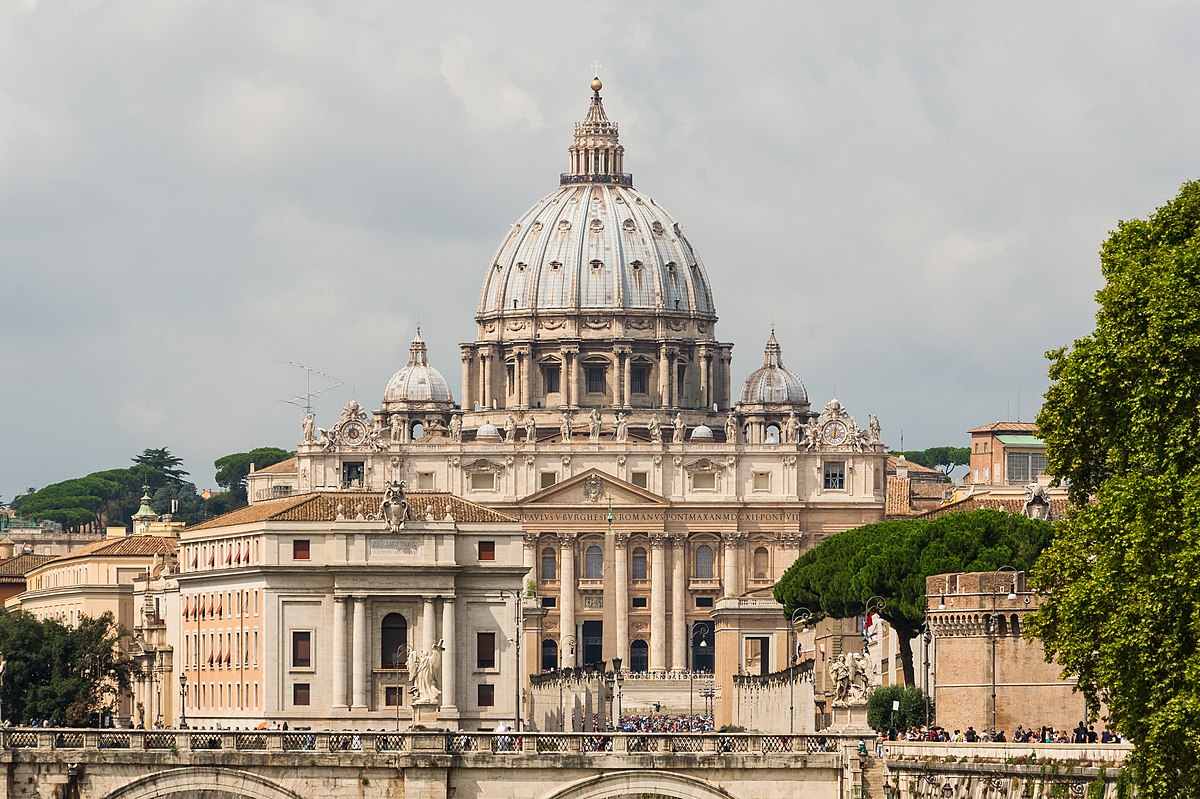Unveiling the Truth: Is the Catholic Church a Cult?
In an era where skepticism often shadows religious institutions, the Catholic Church, with its deep historical roots and global presence, finds itself at the center of a provocative inquiry: Is it a cult? This question, loaded with implications, necessitates a thorough exploration of what a cult entails, the Church’s origins, doctrines, practices, and its role in the tapestry of global culture and humanitarian efforts.
Dissecting Definitions
To address the query effectively, understanding the term ‘cult’ is paramount. Cults are often depicted in the collective imagination as secretive, manipulative groups, characterized by an extreme, uncritical devotion to an individual or ideology. They typically exert excessive control over members’ lives, demanding unquestioning allegiance and isolating them from external influences. This negative connotation starkly contrasts with the sociological understanding of cults, which can refer more neutrally to religious practices or groups dedicated to specific rites.
The Catholic Church in Historical and Global Context
Tracing its lineage back to Jesus Christ and the apostles, with Peter at its helm as the first Pope, the Catholic Church’s narrative weaves through two millennia of human history. As the largest Christian denomination, claiming over a billion adherents, its impact is undeniably profound and far-reaching. This historical depth and the widespread diffusion of Catholicism are not hallmarks of the insularity and ephemerality often associated with cults.
The Church has been a pivotal player in pivotal historical moments, from influencing the outcomes of councils that shaped Christian doctrine in its early years to playing significant roles in the education and healthcare systems of numerous countries today. Its universality and longevity provide a stark counterpoint to the typical cult’s lifespan and influence.
Exploring Beliefs and Practices
Catholicism is anchored in a rich doctrinal tradition, encapsulating beliefs in the Nicene Creed, the sacraments, and adherence to the Bible and the Catechism of the Catholic Church. These elements reveal a theology that addresses the divine, the salvific role of Jesus Christ, and emphasizes community, charity, and personal conscience. The moral and ethical framework it promotes advocates for individual and societal betterment, guided by principles of love, forgiveness, and service.
The practice of the sacraments, including Baptism, Eucharist, and Reconciliation, underscores the Church’s commitment to a journey of faith that is both communal and personal. These rituals and teachings foster a spirituality that transcends mere adherence to rules, inviting believers to a deeper relationship with the divine and with one another.
Authority, Autonomy, and Community
Critics often misconstrue the hierarchical structure of the Catholic Church as indicative of a cult’s controlling nature. However, this perspective fails to appreciate the nuanced role of authority within the Church. The Pope, though a figure of significant influence, operates within a framework of servant leadership, embodying the ethos of ‘the servant of the servants of God’. The magisterium, or teaching authority of the Church, while guiding doctrine, does so in dialogue with centuries of theological exploration and debate.
Moreover, the Church is not monolithic but comprises a vibrant mosaic of laypeople, clergy, theologians, and religious orders, each contributing to the life of the Church. This diversity within unity allows for a richness of expression and practice that counters the uniformity characteristic of cults.
Engaging with the World: Contributions to Humanity
The Catholic Church’s engagement with the broader world further distinguishes it from the insularity attributed to cults. Its extensive network of educational, healthcare, and social service institutions underscores a commitment to serving humanity. From universities and schools that educate millions worldwide to hospitals and charities that provide care and relief to the needy, the Church’s social doctrine in action affirms its mission to be “salt and light” in the world.
This commitment is also evident in the Church’s advocacy for peace, justice, and human rights. Throughout history, figures within the Church have been at the forefront of movements for social change, exemplifying a faith that does justice. This outward-looking perspective, grounded in a theology of service and solidarity, showcases the Church’s foundational belief in the dignity of every human person.
Addressing Misconceptions and Challenges
While the Church strives to live out its mission, it is not without its challenges and criticisms, particularly regarding its handling of internal issues such as the clerical abuse crisis. These issues demand serious introspection and reform within the Church. However, they do not define the entirety of what the Church is or its contributions to the world. Understanding the Catholic Church requires looking beyond sensational headlines to its foundational teachings, its community’s lived experiences, and its enduring commitment to serving the common good.
Conclusion
In conclusion, labeling the Catholic Church as a cult misunderstands both the nature of cults and the essence of the Church. The Church’s rich theological heritage, its historical continuity, its communal and hierarchical structure, and its commitment to engaging with and serving the wider world all speak to an institution that is fundamentally different from the coercive, isolating entities often described as cults.
As we explore the depth and breadth of Catholicism, we uncover a tradition that invites critical engagement, spiritual growth, and active participation in the world. The Catholic Church, with all its human imperfections, remains a testament to a faith that seeks to transcend time, uniting believers in a shared journey towards truth, beauty, and goodness.
